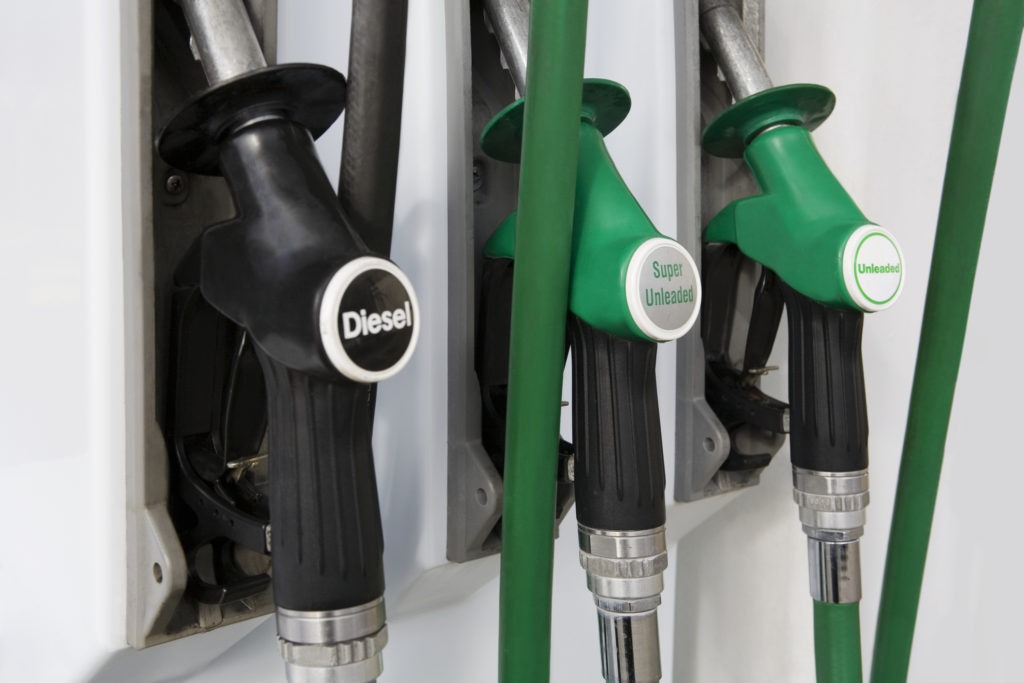Petrol overtakes diesel as dominant force in Europe for first time since 2009
28 September 2017

28 September 2017
For the first time since 2009, the market share of petrol vehicles in Europe has overtaken that of diesel, according to figures from the European Automobile Manufacturers Association (ACEA).
Figures from the EU-15 show a fall from 50.2% to 46.3% of new car registrations in the first half of 2017. This means that across the continent, 152,323 less diesel-powered vehicles were sold. This drop was offset by an increase in the sale of petrol vehicles which now account for 48.5% of new passenger car sales, up from 45.8% a year ago, which translates into 328,615 extra petrol cars sold year-on-year.
This marks the first time since 2009 that petrol has held a higher share of the market than diesel in EU-15 countries, which comprises of Austria, Belgium, Denmark, Finland, France, Germany, Greece, Ireland, Italy, Luxembourg, Netherlands, Portugal, Spain, Sweden and the United Kingdom. Electrically-chargeable vehicles accounted for 1.3% of total car sales (a market share which remains stable), hybrids for 2.6%, and cars powered by propane or natural gas for 1.3%.
′Alternative powertrains will undoubtedly play an increasing role in the transport mix, and all European manufacturers are investing heavily in them,’ stated ACEA Secretary General Erik Jonnaert. ′To this end, more needs to be done to encourage consumers to buy alternatively-powered vehicles, for instance by putting in place the right incentives and deploying recharging infrastructure across the EU.’
′In the meantime, however, as diesel cars emit significantly less CO2 than equivalent petrol-powered vehicles, they will have to be part of the gradual transition to low-carbon vehicles, acting as a ′bridge’ technology.’
Manufacturers are concerned that the sudden decline in diesel sales will hit their CO2 targets, and this could lead to large fines for some of the leading car makers, as strict requirements for CO2 output from vehicles sold could be missed by the 2021 cut-off point. Until 2015, diesel was a reliable technology and had a strong presence in the automotive market, with companies relying on it to clean up their CO2 outputs. However, since the emissions scandal broke, countries have been promoting a shift away from the fuel, as evidenced by the new figures.
Jonnaert added: ′Policy makers need to be aware that a sudden shift from diesel technology to petrol will lead to an increase in CO2 emissions, given that the market penetration of alternative powertrains remains low.’
The number of diesel sales is projected to fall further in the second half of the year. Since these figures were totalled, Germany has announced a recall of around 5 million vehicles to alter their software and improve emissions profiles. Automakers in the country, and in the UK, have also announced scrappage schemes, which could lead drivers to move towards petrol as a cleaner alternative – especially in the UK where new vehicle excise duty (VED) rates, brought in during April, mean it is no longer cheaper to tax diesel cars.